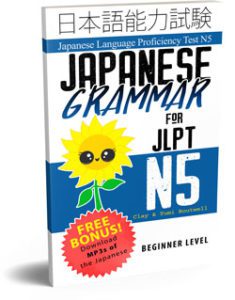ABOUT:
■ This sentence ender often indicates emotion, admiration, or just a feminine touch. If used as an assertive ender, it is weaker than others such as よ. In standard Japanese, it is used by women.
Examples:
今日は、楽しかったわ。
Today was a lot of fun.
あの洋服は、きれいだわ。
Those clothes are so beautiful.
[洋服 are Western-style clothes. Meaning, most any kind of clothing other than traditional Japanese clothing like a kimono.]
MAIN POINTS:
■ Used by women, implying a feminine friendliness.
■ More to show emotion or admiration than assertiveness.
■ Used only with declarative sentences; it is not used with questions or the volitional forms (the ~ましょう let's… form).
■ It can be followed with another sentence ender such as ね (to ask confirmation) or よ (to show more assertiveness).





